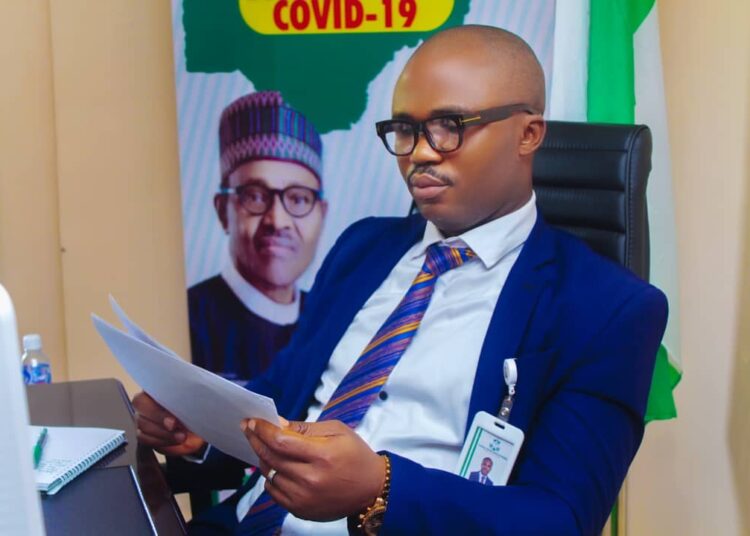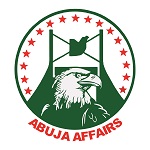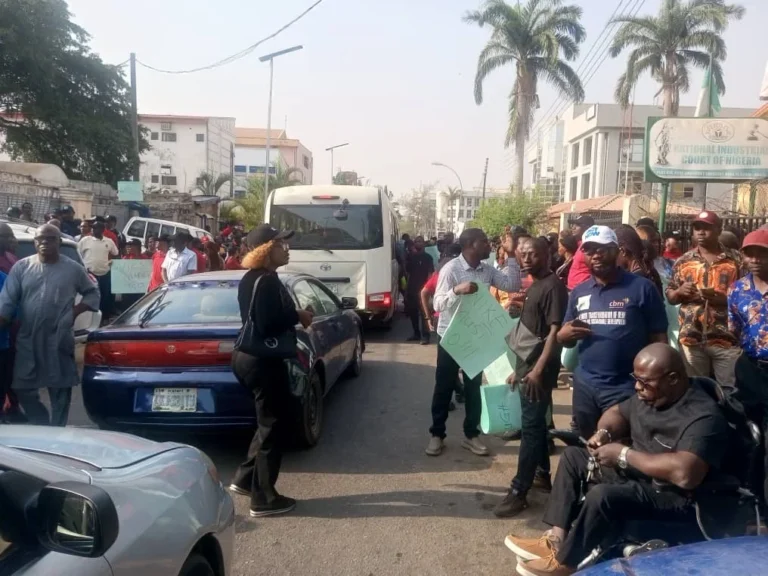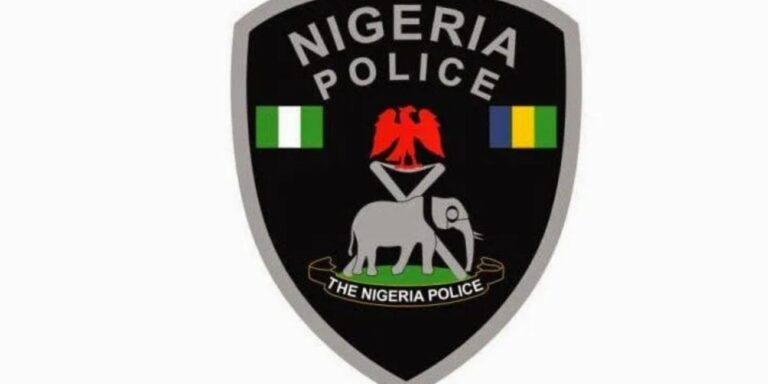
Tension is rising in the Federal Capital Territory following President Bola Ahmed Tinubu’s nomination of Mr. Solomon Adodo, a native of Benue State, to represent the FCT on the board of the North Central Development Commission. The appointment, which was part of a broader call to the Senate to confirm nominees for development commissions in the South West, South South, and North Central regions, has drawn sharp criticism from indigenous groups and civic leaders within Abuja.
Addressing a press conference on Friday, Elder Danjuma Tanko Dara, a respected voice and coordinator of the FCT Senior Citizens Forum, voiced the frustration of many FCT residents. Dara described the appointment as a clear disregard for the rights and identity of indigenous people of the FCT, asserting that it threatens fair representation and inclusive governance in the capital territory.
“The appointment of an outsider does not only disregard the rich pool of eligible personalities within the FCT but also raises questions about the inclusivity of our governance structure,” Dara said.
He stressed that the unique socio-political identity of the FCT cannot be effectively understood or represented by someone without roots or sustained engagement with the territory. According to Dara, issues such as housing deficits, infrastructural development, youth empowerment, and access to basic amenities require a representative with firsthand knowledge of the FCT’s daily realities.
“We do not see how someone from Benue can accurately represent the interests of the residents of this city, particularly when addressing pressing issues such as housing, infrastructure and social welfare,” he added.
The FCT Senior Citizens Forum emphasized that the Federal Capital Territory, unlike other states, is not a mere geographical location but a national symbol and a complex urban space with unique governance needs.
“This is the nation’s capital, a melting pot of diverse cultures and a center of governance. It is, therefore, unacceptable to nominate someone without a genuine connection to the people or a clear comprehension of their needs,” Dara noted.
He reiterated that the opposition to Adodo’s nomination was not based on personal bias but on the principle of rightful representation and the protection of the interests of the indigenous people and residents of Abuja.
Calls have since intensified from civil society organizations, traditional rulers, and youth groups within the FCT for President Tinubu to revisit the nomination and select a candidate who truly reflects the identity, challenges, and aspirations of the territory’s inhabitants.
As the Senate prepares to consider the president’s nominations, the debate over who should represent the FCT in regional development matters continues to expose long-standing concerns about inclusion, marginalization, and constitutional recognition of FCT natives within Nigeria’s broader political framework.





Can you be more specific about the content of your article? After reading it, I still have some doubts. Hope you can help me.
Can you be more specific about the content of your article? After reading it, I still have some doubts. Hope you can help me.
Your point of view caught my eye and was very interesting. Thanks. I have a question for you. https://www.binance.info/register?ref=IXBIAFVY